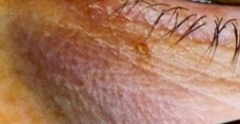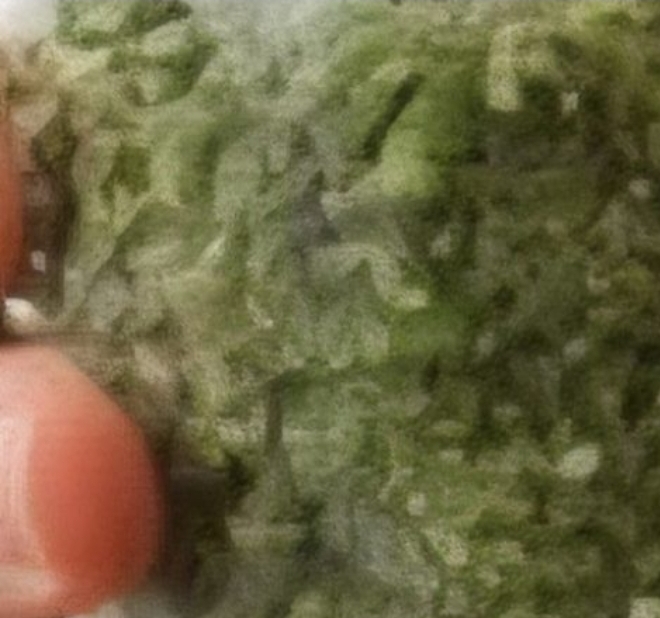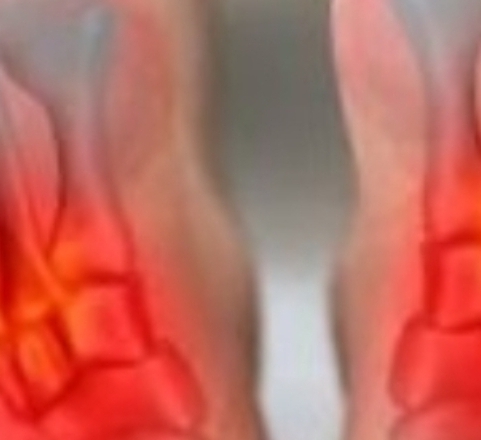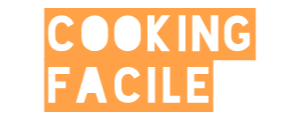10 Signs You Might Be Consuming Too Much Sugar
Reducing sugar intake is crucial for maintaining good health, but it can be challenging to identify when you’re eating too…

Reducing sugar intake is crucial for maintaining good health, but it can be challenging to identify when you’re eating too much. Here are ten signs that your body might be telling you to cut back on the sweet stuff:
- Cravings for Sweet Foods: Regularly consuming high amounts of sugar can lead to a cycle of cravings. If you find yourself constantly reaching for sweet treats, it could be a sign of sugar dependency.
- Energy Slumps: If you experience a significant drop in energy levels a few hours after eating, it could be due to the rapid rise and fall of blood sugar levels that sugary foods often cause.
- Weight Gain: Sugar is high in calories and can lead to weight gain, especially if it’s consumed in large amounts. It’s also linked to increased fat storage, particularly around the midsection.
- Skin Issues: Excess sugar can trigger skin issues. If you notice frequent breakouts or worsening skin conditions, your sugar intake could be a contributing factor.
- Dental Problems: Sugar is a leading cause of tooth decay and gum disease. Frequent cavities or dental issues might be a sign that you’re consuming too much sugar.
- Mood Swings: High sugar consumption can impact your mood. If you find your mood fluctuating, especially after meals, it might be related to blood sugar spikes and crashes.
- Frequent Colds or Infections: Sugar can suppress the immune system and make you more susceptible to colds and other infections. If you’re getting sick often, consider evaluating your sugar intake.
- Difficulty Sleeping: Consuming sugar, especially late in the day, can lead to spikes in energy that disrupt your ability to fall asleep or stay asleep.
- Increased Thirst: High blood sugar levels can lead to dehydration and an increased sense of thirst. If you’re often thirsty, it could be a sign that your sugar intake is too high.
- Brain Fog: Sugar can impact cognitive function, leading to difficulties with concentration and memory. If you’re experiencing brain fog, sugar might be affecting your mental clarity.
What to Do Next If you identify with several of these signs, consider reducing your sugar intake. Start by cutting back on obvious sources like sweets and sodas, and also check for hidden sugars in processed foods. Making dietary changes gradually can help ease the transition and improve your overall health.
What's Your Reaction?




















